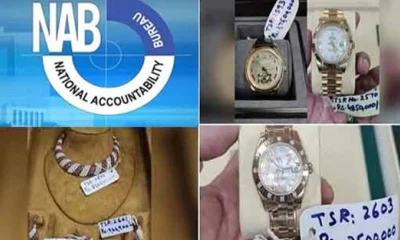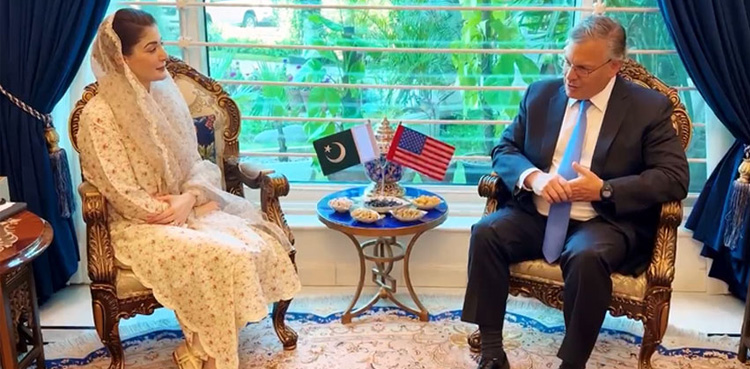- Govt to proceed with some cases with greater sensitivity: FO.
- Repatriation plan to be implemented in an orderly manner, says FO.
- Govt has ordered that individuals should be treated respectably.
ISLAMABAD: The Foreign Office has said that it seeks an expedited relocation process of Afghan people who are waiting to be returned to third countries without any further delay, The News reported Friday.
Over 165,000 Afghans have fled Pakistan in a mass exodus after the government’s deportation orders of up to 1.7 million illegal migrants. The government had given an ultimatum to the undocumented foreigners, saying they would face arrest and expulsion after November 1.
“We remain in contact with these countries. Firstly, in some cases the lists provided by these countries are under discussion between the two sides. Secondly, it is important that these cases are processed urgently so that they can return to third countries without further delay,” said FO spokesperson Mumtaz Zahra Baloch.
About reports that 25,000 Afghans will be repatriated to four or five countries, including the United States and Germany, Baloch said the number of countries was approximately a dozen, or maybe slightly fewer.
“It is important to note that the inclusion of an individual’s name in these lists does not necessarily mean that these countries have agreed to issue a visa to that individual. That is why Pakistan is in contact with these countries to ensure expedited decisions in terms of their settlement in the third countries,” she said.
Baloch also said that the Ministry of Foreign Affairs was aware of the pressures that continue on the caretaker government as it repatriates all illegal immigrants.
Members of civil society and some political parties have moved the Supreme Court (SC) to reverse the policy on the repatriation of illegal immigrants, which is now being implemented.
The FO admitted that the government would proceed with cases of some categories of illegal Afghan immigrants, including Afghan journalists, artists, NGO and human rights workers, with greater sensitivity.
In reply to various queries during the weekly media briefing, she said: “In implementing this policy, we will take into consideration some of these concerns which have been highlighted, and we will be sensitive to these concerns.”
She pointed out that the government had started implementing the plan and it was going to be implemented in an orderly and phased manner. “We also know that it will take some time for the policy to be fully implemented,” she said.
When asked about the fate of Bengalis, Biharis or other nationals who came to Pakistan after 1971, the spokeswoman said as per the general guidelines, as approved by the cabinet, the plan would apply to all individuals who are here illegally, who do not possess refugee status or valid documents, or have overstayed their visas.
“I do not wish to comment on individual cases because all decisions will be taken in light of these guidelines,” she said.
As muted criticism continues from Kabul on the repatriation of its citizens, the spokeswoman said Pakistan had discussed the plan with the Afghan authorities.
“We have shared with them details of the plan, the thinking behind this plan, why we are doing it and how we are going to do it. Afghanistan government’s concerns have also been discussed and we have tried to explain to them that this policy is not Afghan-specific; it does not pertain to refugees, it pertains to those who are here illegally. We have also announced that individuals who leave and return to Afghanistan, especially those who left before November 1, are welcome to apply for visas so that they can return to Pakistan in a legal manner,” she added.
When asked if the execution of the plan could not have been carried out in a more phased and humane manner, she said the decision to implement the illegal foreigners’ repatriation plan was taken by the Government of Pakistan after due consideration and wide consultation within Pakistan, including with inputs from various law-enforcement agencies and relevant departments.
“The repatriation plan is a considered plan and it will be implemented in a phased and orderly manner. Pakistan had also announced a one-month grace period for individuals who were ready to leave Pakistan for their countries before 31st of October. Since its announcement, we have been explaining its various facets to the general public as well as to our friendly countries, including Afghanistan,” she explained.
In this regard, consultations with Afghanistan have continued and the two foreign ministers also discussed it when they met in Tibet a fortnight ago. “Having said this, implementation of the plan has now begun from the first of November, that is yesterday, and we will continue implementing it,” she added.
When asked for the list of illegal immigrants from countries other than Afghanistan, the spokeswoman said: “I would not like to list the countries but there are individuals who are from other countries, who have overstayed their visas. We are in contact with their embassies and for repatriation of those individuals.”
The government has issued clear directions to all levels of law enforcement that all individuals, who are being repatriated, should be treated humanely and respectably.
“In that respect, to ensure compliance and to facilitate individuals who may have any complaints, helplines have been established, both at the federal level and provincial levels. These are 24/7 helplines, where individuals are encouraged to complain if they have witnessed or if they have themselves been victims of any such mistreatment,” said the spokeswoman.
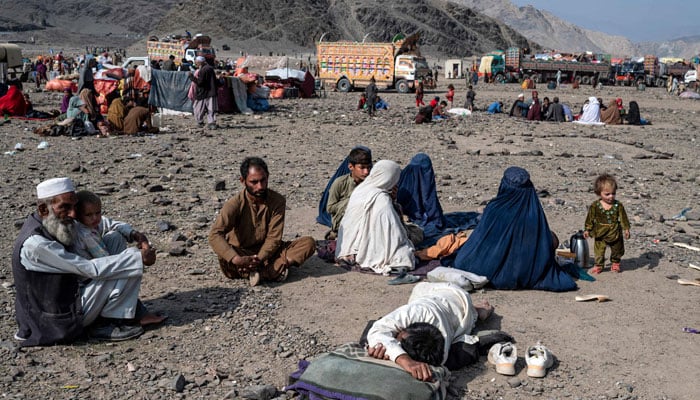

 Latest News2 days ago
Latest News2 days ago
 Business2 days ago
Business2 days ago
 Business1 day ago
Business1 day ago
 Business2 days ago
Business2 days ago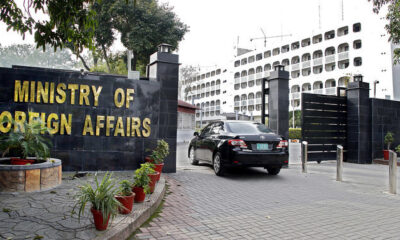
 Latest News2 days ago
Latest News2 days ago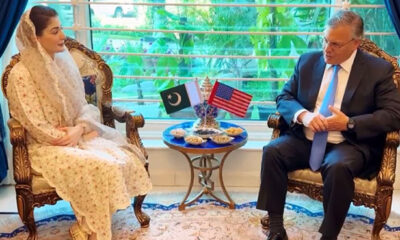
 Latest News2 days ago
Latest News2 days ago
 Business1 day ago
Business1 day ago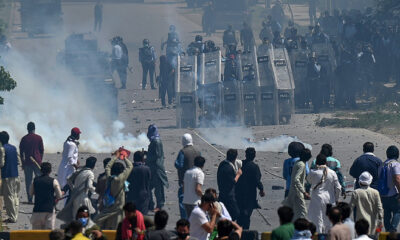
 Latest News2 days ago
Latest News2 days ago




